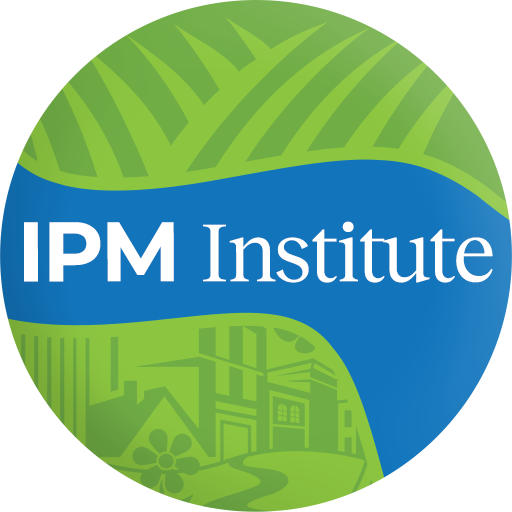Our Team worked with a large North American retail chain to assess pesticide risks in their priority agricultural supply chains, using a pesticide risk assessment framework, and to identify meaningful opportunities for impact within their supply chains. We also worked to train their corporate team on pesticide use, risks, Integrated Pest Management (IPM), and specific pesticide-related concerns within their own supply chain, based on the results of the risk assessment.
The Challenge
Consumers are becoming increasingly aware of the impact that their purchasing dollars can have on the environment. Sixty-three percent of consumers sometimes, usually, or always base purchasing on sustainability, and this segment of consumers continues to grow. In addition, consumers are becoming more aware of the potential risks associated with pesticide use, especially risks to pollinator populations and consumer health.
Our Role
In response to these concerns, our client decided to examine pesticide risks across 11 priority crops in order to identify potential opportunities for engagement and improvement. We used a pesticide risk assessment framework to analyze potential risks to consumer dietary health, pollinators, the environment and farm workers. We also evaluated broader contextual factors that can impact pesticide risks, for example, evaluating use of pesticides that are of particular concern to consumers and NGOs like neonicotinoids and glyphosate, and assessing overall IPM adoption within a crop. Based on the results of this analysis, our team helped the corporate sustainability team identify tangible next steps for addressing priority supply chain risks.
We also analyzed and reported on the sustainability initiatives of our client’s peers and competitors, specifically around pollinators, pesticides and IPM. To do this, we evaluated companies’ adoption of different types of risk mitigation strategies, for example, custom supply chain programs, supplier policies, adoption of third-party verified certifications and public-facing SMART goals. We used the results to inform recommendations for how the client could strengthen their own initiatives. Companies that integrate sustainability into their business models outperform those that do not, with improved operational and resource efficiency, better financial performance, improved talent attraction and reduced turnover.
The Outcome
Based on the pesticide risk assessment, competitor analysis and assessment of feasibility and potential impact, we provided four strategic recommendations. For example, we developed a public-facing pollinator policy; we recommended that the client expand purchases of third-party certified products in key supply chains and identified specific certifications that address the risks identified in the assessment; and we recommended that the client develop strategic partnerships with organizations working to improve honeybee health in crops and regions that align with the client’s priorities and source regions. As of early 2022, our recommendations encouraged the retail chain to announce a pollinator policy that will ultimately lead to tangible impacts for pollinator health within their supply chain.


